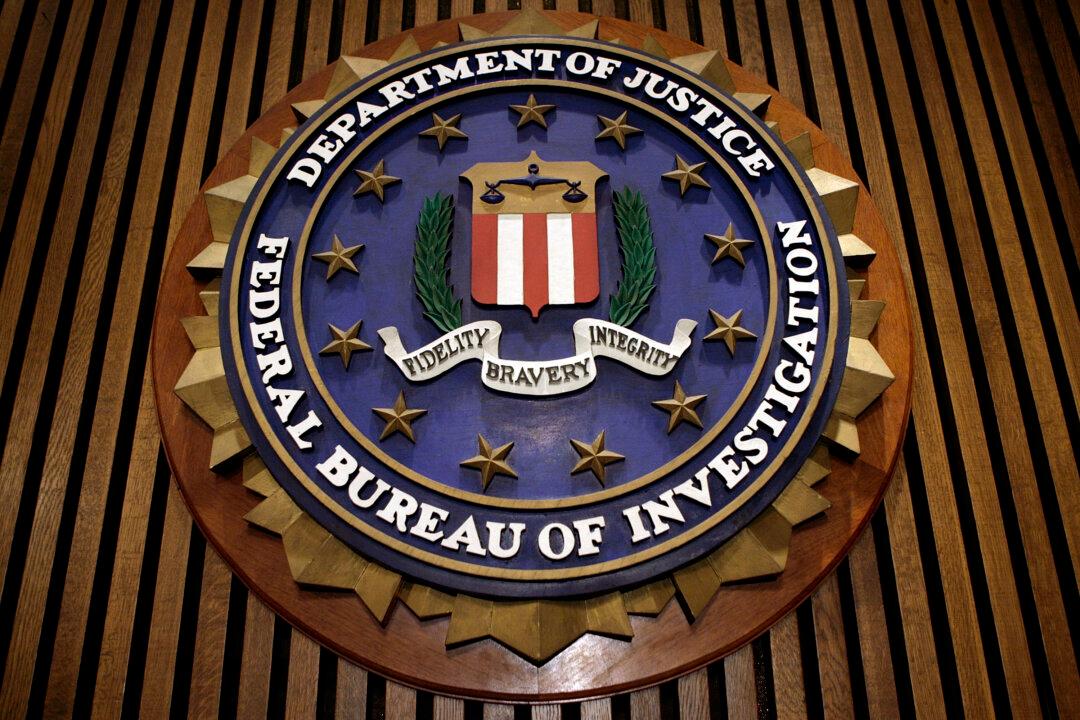News Analysis
The man portrayed as the key shadowy broker between the Russian government and the campaign of then-candidate Donald Trump turns out to have been closely tied to people high up in European politics and intelligence circles, while his Russian contacts turned out to be shallow at best.





